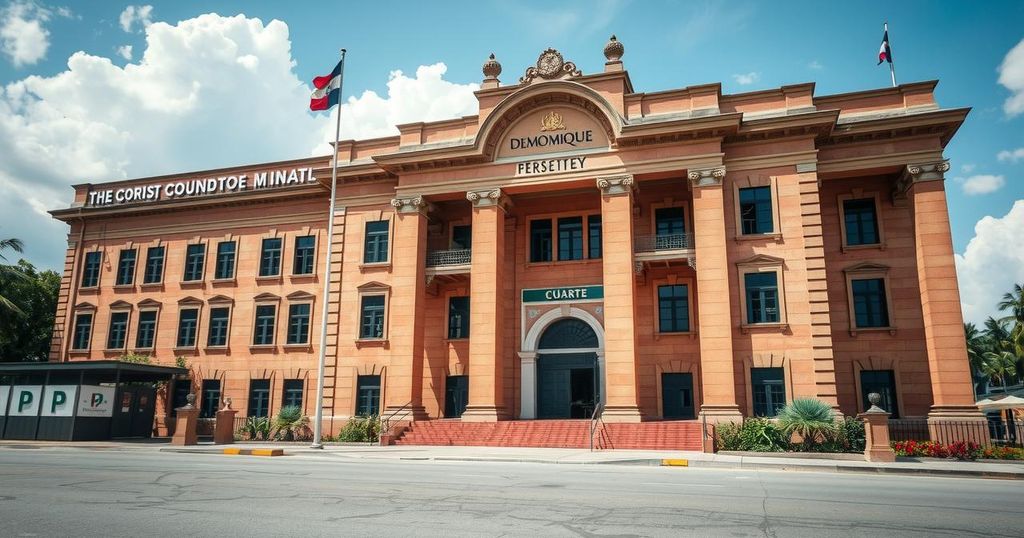Mozambique Constitutional Council Endorses Frelimo’s Controversial Election Victory

Mozambique’s top court has confirmed Frelimo’s victory in the disputed October elections, amidst allegations of rigging by opposition groups. This ruling by the Constitutional Council may incite further protests in a country governed by Frelimo since its independence in 1975. Opposition leader Venancio Mondlane claims an alternative count shows he should have won the election.
The Constitutional Council of Mozambique has officially affirmed the ruling party Frelimo’s victory in the controversial October elections. This decision follows significant unrest and accusations of electoral fraud from opposition factions who assert that the vote was manipulated to favor Frelimo, which has held power since the nation’s independence in 1975. Opposition leader Venancio Mondlane maintains that alternative counts suggest he secured sufficient votes to assume leadership, heightening the possibility of further civil discord as tensions escalate within the country.
Mozambique, a Southern African nation with a population nearing 35 million, has seen Frelimo dominate its political landscape since achieving independence from Portuguese colonial rule in 1975. The recent elections in October provoked widespread protests, as opposition parties contend that the voting process was not conducted fairly. The Constitutional Council, tasked with overseeing electoral integrity, holds significant influence in affirming or contesting electoral outcomes, making its decisions pivotal in shaping Mozambique’s political stability.
In conclusion, the confirmation of Frelimo’s electoral victory by the Constitutional Council amidst claims of rigging and public dissent could lead to intensified protests and strife. The opposition’s challenge to the election results reflects ongoing tensions within the nation, as the political landscape remains polarized after decades of a singular ruling party. Continued scrutiny and dialogue will be essential in addressing these electoral grievances and fostering political stability in Mozambique.
Original Source: www.aljazeera.com







